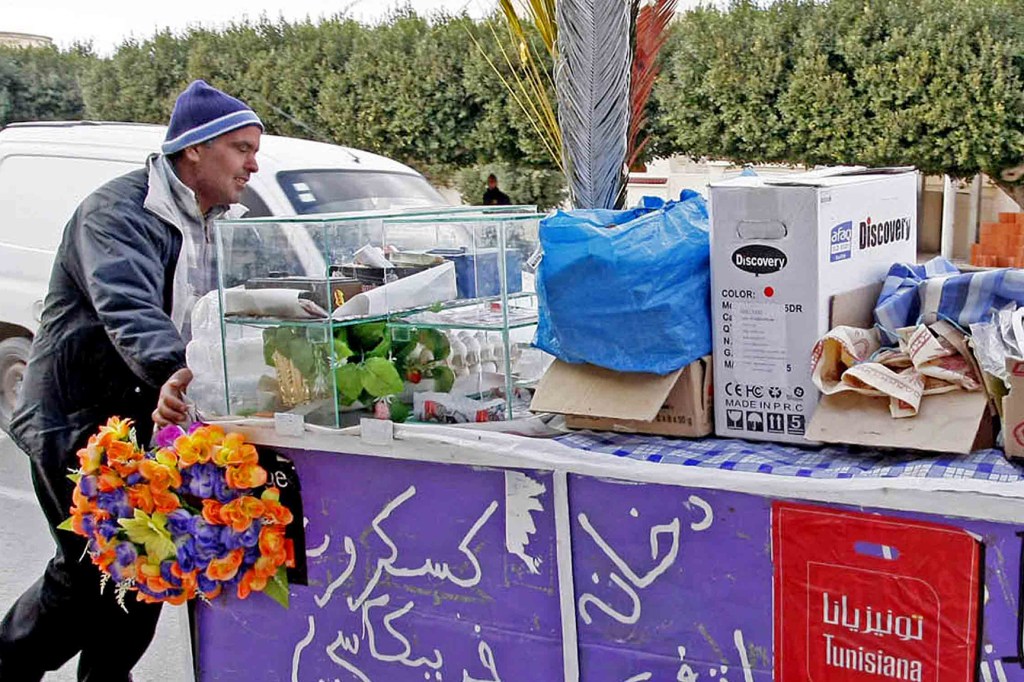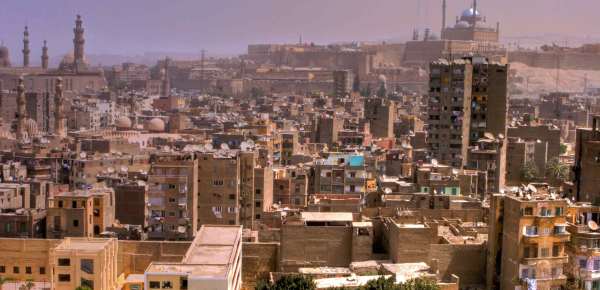
This spring marked the fourth anniversary of the 2013 tragedy at Rana Plaza, when a collapsed building resulted in the death of more than 1,000 garment factory workers in Bangladesh—most of them women producing for international brands. In the years since, the incident has shed light on the deplorable working conditions and vulnerability of the millions of workers around the world who are working and living at the periphery of the formal economy. We call these workers informal workers.
Worldwide, millions of people are working to meet their basic daily needs—and doing so without health coverage, social insurance, or access to maternity or sick leave. These informal workers also do not have voice and representation for their interests, lacking the protection and asset of trade unions. While in most of the Global South “informality” has always been the norm, today the trend is on the rise in more developed and globalized economies, in the form of deregulation, outsourcing, and flex and temp work.
Toward a new economic paradigm
A guest worker in New York City, a street vendor in Tunisia, a home-based worker in Delhi, an outsourced factory worker in Dhaka, a Syrian refugee day laborer in Amman or Beirut, a waste picker in Bogotá: All of them are equally vulnerable to wage theft, low and fluctuating income, forced eviction, criminalization, and societal stigma. Informal workers are not recognized as valid in ways that would make them eligible for protection, and their occupations are typically not considered “legitimate” economic activities. They have always been part of the so-called gray economy—and thus mostly inside the “punitive arm” but outside the “protective arm” of the state. But when social protection programs fail to provide universal coverage, migrant workers’ remittances and informal workers’ daily income make it possible for families to make ends meet.
For women, refugees, and disabled and migrant workers in the Global South, informal employment is the way to earn a livelihood, with hardly any options for “formal” work. The vulnerabilities of gender, race, disability, and migration compound the daily burdens informal workers already face when it comes to negotiating better wages, prices, public space, and basic services with employers, buyers, and municipalities.
As Marty Chen, co-founder and international coordinator of Women in Informal Employment: Globalizing and Organizing (WIEGO), puts it, “In many developing countries, the workforce is overwhelmingly informal—and informal employment is here to stay. What is needed, most fundamentally, is a new economic paradigm: a model of a hybrid economy that embraces the traditional and the modern, the small scale and the big scale, the informal and the formal.”
Across the Global South, between 50 and 90 percent of the workforce is informal, and 40 to 60 percent of the gross domestic product (GDP) is generated by the informal economy. The contribution of the informal economy to the gross value added (GVA) is as high as 50 percent and 46 percent, respectively, in Benin and India, and over 30 percent in Guatemala and Colombia. The countries of the Middle East and North Africa are no exception: Informal employment reaches up to 74 percent in Yemen, 71 percent in Lebanon, and 63 percent in Morocco. These facts suggest that informal employment is central to those economies.
But despite the rapidly changing global economy and the shifting reality on the ground, informal work is still not accepted as “real” or valid work—and thus still requires “formalization.” It is ironic that the same voices pushing for formalization (among them international financial institutions) also continue to push for deregulation of the economy and the need for flexible work arrangements.
From problem to solution
Despite their contribution to the economy, informal workers continue to be marginalized, criminalized, and unrecognized on a daily basis. It was the injustice experienced by the street vendor Mohamed Bouazizi that triggered the uprisings in Tunisia, sparking the Arab Spring. And it is informal workers’ lost dignity and marginalization that continue to drive radicalization in the region today.
The Arab NGO Network for Development’s (ANND’s) Arab Social Watch Report on informality challenges the dominant narrative of, and current debates on, informality as well as the push for formalization as promoted by the World Bank and many other international institutions. Together with WIEGO, ANND used the launch of the report as an opportunity to spark public debate in Cairo and Beirut, two highly informal cities challenged by fast urbanization, migration, and neighboring conflict. Across the Middle East and North Africa (MENA) region, economists, sociologists, activists, academics, and women’s groups are emphasizing that informal workers are not the problem but, rather, part of the solution: Their potential, talent, and power have vast potential in a region torn by conflict and social and economic injustice.
New global voices are helping to make progress when it comes to the recognition, visibility, voice, and representation of informal workers in policy conversations. In 2015, the International Labour Organization’s Recommendation 204 set global standards for a gradual transition from the informal to the formal economy, which would protect the interests of informal workers during the process. The new standards recognize informal workers as key players to be consulted and engaged during formalization. As early as 2009, the Organization for Economic Co-operation and Development recognized the “informal as normal.” Progressive global and regional networks like WIEGO and ANND are taking important steps in challenging the dominant narrative around informality, and proposing alternative approaches to formalizing and protecting informal workers. Street vendors, waste pickers, domestic workers, home producers, and agricultural workers are making great strides in organizing, engaging in global conversations around informality, and collectively bargaining for their rights.
In today’s economy, informal has indeed become the new normal. We urgently need policies and planning to catch up with this reality. Only then will the majority of workers be able to earn livelihoods with the dignity and protections that are essential for them, their families, their economies, and broader societies to thrive.


